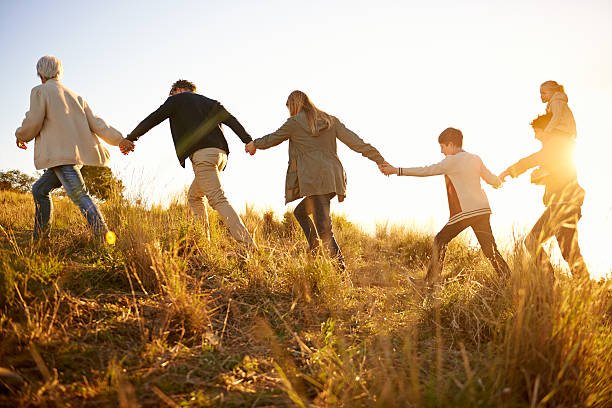President’s Message

Attitude of Gratitude
Gratitude is an “attitude of appreciation.” It is not a simple expression of thankfulness for the good things in our lives. Because when those good things erode or disappear, our thankfulness goes with them. Attitudes are sticky — they don’t change that easily.
More than one experiment has concluded that grateful people are more likely to help others — even those they have never met. Could this be because grateful people are emotionally resilient people? Whatever the reason, Thankfulness is fleeting and Gratitude is a state of being.
In a 2020 article discussing the connection between gratitude and empathy, Najma Khorrami M.P.H. highlights the overlap in neuroscientific evidence showing that empathy and gratitude derive from the same part of the brain, the Medial Prefrontal Cortex. It seems likely then that the two are inextricably intertwined. And if empathy is, “the ability to understand and share the feelings of another” (a simplified definition for a complex scientific term) and gratitude is “an attitude of appreciation,” then it makes sense why grateful people are more likely to help others.
Khorrami goes on to say that extensive research over the past two decades reveals that, “gratitude has been shown to be a ‘gateway’ to other positive emotions including joy, pride, motivation and wonder.” Pretty good reasons to practice an attitude of appreciation. It gets better: The core function of the brain’s prefrontal cortex is to regulate “executive function” — the fundamental mental processes such as decision-making, interpreting reality, planning of complex cognitive behavior, personality expression and moderating social behavior.
Unfortunately (especially for Gen Z), the last 25 years have been punctuated by major tragedies and crises, both acute and chronic. Time will tell what the generational effect will be for Gen Z, but for the here and now, finding things to be grateful for can seem as easy as finding that old needle in the haystack.
And this is where empathy comes in. When we seek to understand and share the feelings of others, we understand better all that we have in our own lives. All our life circumstances were not random occurrences, or some kind of Deus ex Machina dropping into our lives to bestow goodness on us. As Najma Khorrami suggests, perhaps gratitude lies in understanding and appreciating our connectedness. Perhaps our fulfilling emotions of joy, pride, motivation, and wonder are more easily found in sharing the feelings of others and recognizing the contributions they have made in our lives.
We have all been through a lot together. While this pandemic locked us away and forced us to confront the darker, scarier parts of ourselves mostly all alone, remember that we did that together. And surviving this pandemic is something we will share with each other until there are no more days.
Thank you for walking this path with me. We walk together from now on.
As always,
Bruce

